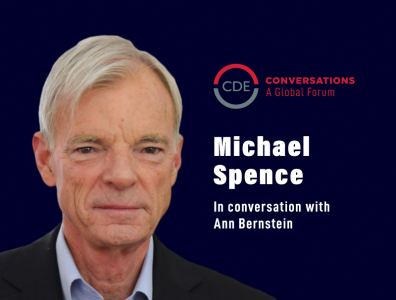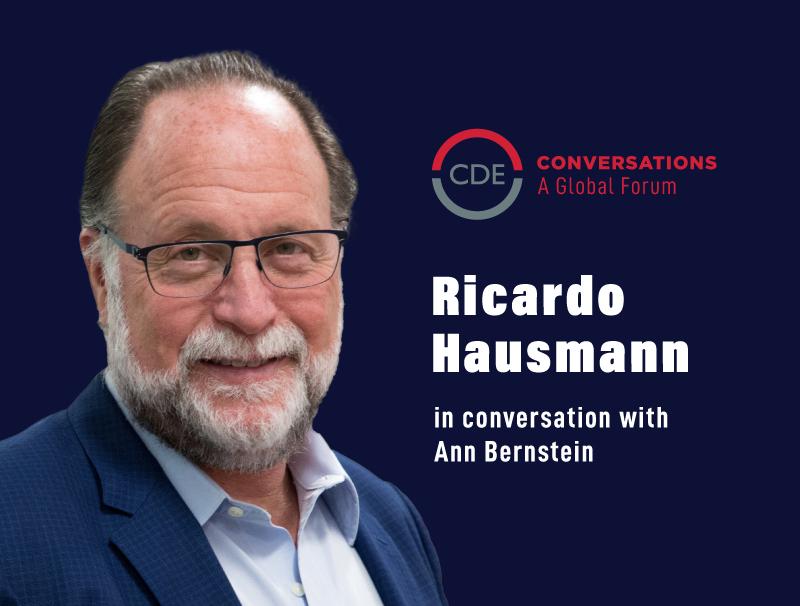
- Michael Spence, winner of the Nobel Prize in Economic Sciences, Professor of Economics, Emeritus and former Dean of the Graduate School of Business at Stanford University, joined Ann Bernstein, CDE executive director, in a conversation titled, Is inclusive growth still possible?
- The Global Commission on Growth and Development started work in 2006, and examined lessons from 13 high growth economies that grew at an average rate of at least 7 percent over 25 years.
- If a country relies on domestic demand and fails to adapt technologies from elsewhere it may generate some growth, but it will never emulate the success of the post-war high growth countries.
- Countries stuck in a low growth equilibrium – such as South Africa – require strong and visionary leadership to push through the reforms required to initiate a dynamic growth process.
- A growth strategy has to be more than a list of reforms from which one can pick and choose as if it were an ‘a la carte menu’. A workable strategy will add up to more than the sum of its parts because of the way the separate components interact with each other.
- Spence predicted that as long as the development of technologies and their downsides are effectively regulated the digital revolution and advances in biomedical science should broadly raise productivity levels.



